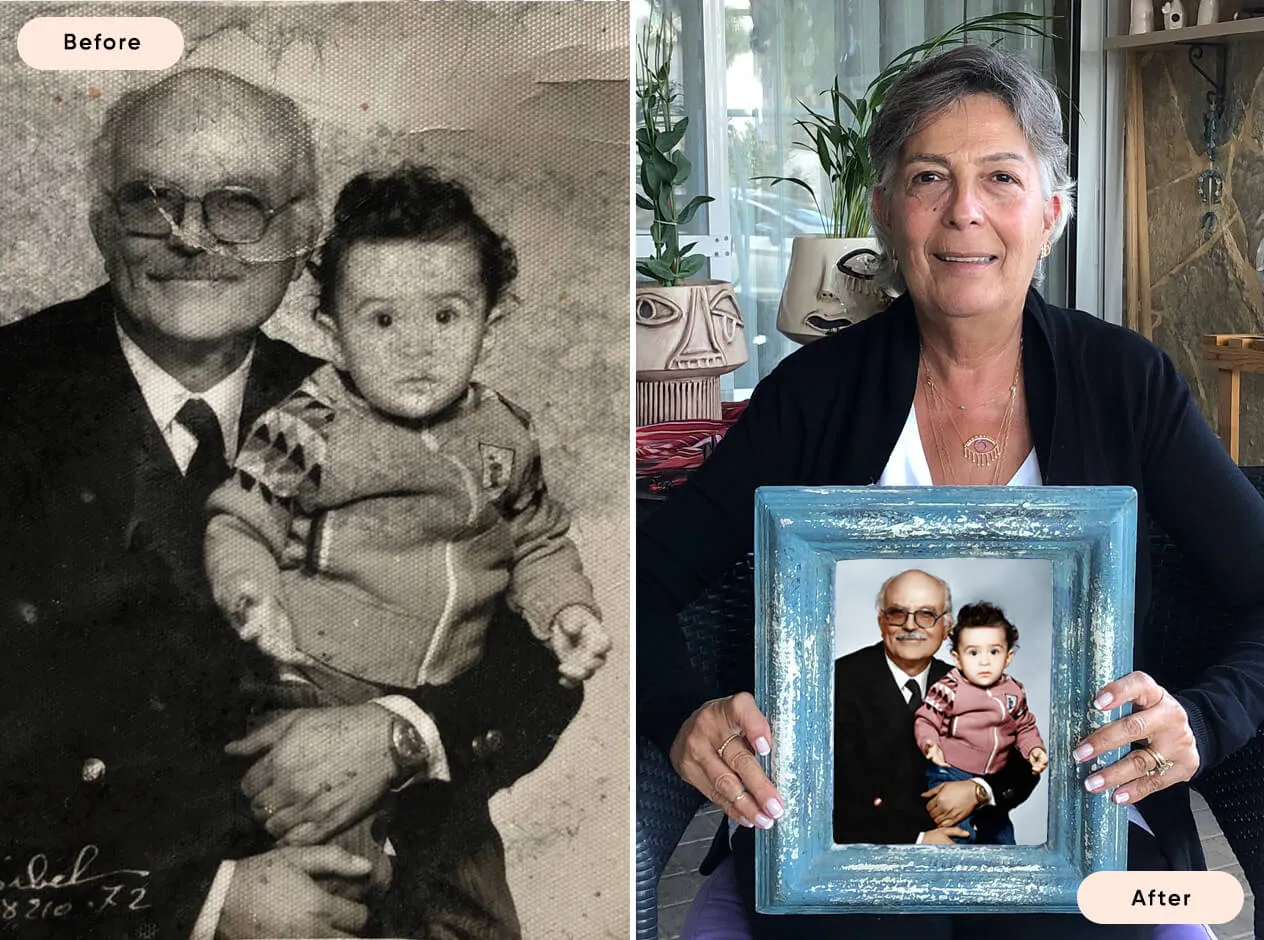Best Camera For Photography Beginners
As a beginner in photography, choosing the right camera can feel overwhelming given the array of options available. This guide will help demystify the selection process and highlight some of the best cameras for photography beginners, allowing you to embark on your creative journey with confidence.
How to Choose the Best Beginner Camera
Selecting a camera that fits your needs as a beginner involves considering a few crucial factors. Start by identifying your photography interests—do you enjoy landscape photography, portraiture, or perhaps macro shots? Each genre may benefit from different camera features.
Budget: Set a realistic budget for your camera purchase. While it can be tempting to opt for the latest high-end models, many budget-friendly options deliver excellent results for beginners.
Camera Type: Beginners generally have three main types of cameras to choose from—DSLRs, mirrorless cameras, and compact cameras. Each has its advantages and disadvantages. DSLR cameras often offer better battery life and an extensive range of lenses, while mirrorless cameras tend to be more compact and user-friendly. Compact cameras are excellent for casual photography.
Ease of Use: Look for cameras with user-friendly interfaces and intuitive controls. This will help you learn the basics without feeling overwhelmed.
Image Quality: Choose a camera that provides good image quality. Look for one with a larger sensor, as this can greatly improve performance, especially in low-light conditions.
Reviews and Recommendations: Consult trusted reviews and expert recommendations—these can provide insight into the best cameras for beginners based on real-world performance.

Should I Choose a DSLR or a Mirrorless Camera?
This question is common among beginner photographers. Both DSLRs and mirrorless cameras have their pros and cons. DSLRs usually boast longer battery life, an extensive range of lenses, and an optical viewfinder that many find more user-friendly. On the other hand, mirrorless cameras are generally lighter, offer quicker autofocus, and often have advanced video capabilities.
For beginners, the choice largely depends on personal preference and intended use. If portability is crucial and you intend to shoot video, you may want to lean towards a mirrorless option. However, if you prefer the traditional photography experience with an optical viewfinder, a DSLR could be the way to go.
What Cameras Do Beginner Photographers Use?
Several well-regarded cameras cater to beginners, allowing them to start their photographic journey without breaking the bank. A few standout options include:
Canon EOS Rebel T8i: This DSLR is user-friendly, features a 24.1MP sensor, and offers excellent autofocus and a vari-angle touchscreen for creative shooting angles.
Nikon Z50: As an entry-level mirrorless camera, the Z50 offers an impressive 20.9MP sensor, a compact body design, and an intuitive user interface.
Sony Alpha a6000: This mirrorless camera is known for its rapid shooting speed and compact size. The 24.3MP sensor provides exceptional image quality.
Fujifilm X-T200: Combining style and functionality, this mirrorless camera features a retro design, a 24.2MP sensor, and excellent shooting modes that make it a joy to use.
Should Beginner Photographers Start with a Phone Camera?
While advanced dedicated cameras provide superior control and image quality, starting with a smartphone camera can also be a wise choice for beginners. Modern smartphones boast impressive camera capabilities, allowing you to learn composition, lighting, and subject matter without the complexities of settings.
Using a smartphone can familiarize you with photography fundamentals and assist in building your confidence before transitioning to more advanced equipment. Furthermore, smartphone cameras allow for immediate sharing and social engagement, making them suitable for beginners eager to showcase their work.
Should I Get a Full Frame Camera as a Beginner?
While full-frame cameras offer exceptional image quality and performance, they typically come with a higher price tag and added complexity, making them less ideal for beginners. Starting with an APS-C or micro four-thirds camera is often recommended, as these models are more affordable and easier to use.
Once you gain experience and develop a clear vision for your photography style, you can consider investing in a full-frame camera. This approach allows you to focus on learning and improving your skills without the pressure of operating more advanced equipment.
Should a Beginner Buy an Expensive Camera?
It’s easy to assume that an expensive camera guarantees better photographs, but the reality is that skill, vision, and knowledge significantly contribute to creating stunning images. Beginners should refrain from overspending on high-end models; instead, invest in a camera that fits your budget and meets your photography needs.
As your skills evolve, you may desire to upgrade to advanced equipment. Until then, focus on mastering your current camera, as developing these fundamental skills is essential for future success.
Is Canon or Nikon Better for Beginners?
The Canon vs. Nikon debate has persisted for years, and for beginners, both brands offer excellent options. Canon cameras often excel in terms of user interface, while Nikon cameras provide stunning image quality. When choosing between the two, ultimately, it comes down to personal preference, as each camera brand has its unique strengths. It’s wise to hold and test cameras from both brands to determine which feels more comfortable in your hands.
In conclusion, as a beginner photographer, the best camera for your journey may be one that blends affordability, ease of use, and functionality. Explore your options, consider your interests, and remember: the best camera is the one that inspires you to capture the world around you. Happy shooting!

Or Get YourMoney Back
back your money in the rare case you are not satisfied with the quality of your
damage-free pictures. Only $38 for most image restorations regardless of damage

All rights reserved.